Michael Paramo is a Xicanx researcher, writer, poet, and artist born and raised in the suburbs of southern California (on Tongva land) in a Mexican-American family. They created AZE in 2016, a platform that publishes the writing and artwork of asexual, aromantic, and agender authors. AZE has been recognized for its work in books and by several universities, whilst Paramo’s own writing has been published in the Video Game Art Reader and cited in the Handbook for Human Sexuality Counseling. Their visual art has been published in the University of New Mexico’s Blue Mesa Review and they release music under the name COZMECA.
I had the opportunity to interview Michael, which you can read below.
First of all, welcome to Geeks OUT! Could you tell us a little about yourself?
Thank you! I am a queer Mexican-American researcher, writer, and visual artist. I grew up in Orange County, California on the traditional and unceded territory of the Tongva people. My research and creative work broadly focuses on interconnectivity, transformation, and hybridity in the modern/colonial world. Aside from writing and visual artwork, I have also recently developed an interest in creating music, which I do under the name COZMECA.
What can you tell us about your first book, Ending the Pursuit: Asexuality, Aromanticism and Agender Identity? What was the inspiration for this project?
Ending the Pursuit is a book examining asexuality, aromanticism, and agender identity that calls for a deconstruction of the dominant ways we imagine sex, romance, gender, intimacy, love, and relationships. Each chapter focuses on a different aspect of this task. One chapter aims to deconstruct the idea that how we think about attraction should always be firstly sexual or romantic. Another chapter examines how some of our ideas about romantic love and desirability are influenced by colonial discourses that upheld myths of racial hierarchy. The book also features a lot of poetry sprinkled throughout as a place for readers to reflect on the subjects in a different, more creative, manner.
The book was inspired from my work with AZE, an online journal publishing the written and artistic works of asexual, aromantic, and agender people. When I first created the journal in 2016, I never imagined a book emerging out of it. However, as the journal evolved from a platform primarily focused on asexuality, I began to recognize the connections between asexual, aromantic, and agender experiences more readily. I realized that there was a lot left to be said about how these identities each destabilize dominant expectations of sex, romance, and gender. This motivated me to undertake the writing of Ending the Pursuit in order to consolidate all of my thoughts in one place.
As an author what drew you to writing?
What drew me most to writing was its potential to bring structure to conceptual thoughts that I wanted to express. It became a way for me to respond to the world around me and process my feelings in a deeper, more reflexive way. Poetry in particular has always flowed out of me more readily than analytical writing, the latter of which tends to be a more painful and slow leakage.
Growing up, were there any books/stories in which you felt touched by/ or reflected in? Are there any like that now?
When I was young, I was directed by my mother to read children’s storybooks with vibrant illustrations and themes that focused on fostering creativity, such as Harold and the Purple Crayon and Mouse Paint. I also worked through various craft books, where I was instructed to cut and paste expressive objects together, some of which remained fixtures of our household during holidays. These gestures made me feel like my creativity was supported by my family as a child, which excited my capacity to express myself. Lately I find myself researching various aspects of how colonialism has damaged the human imagination. Many of these historical accounts that I am drawn to have come to influence my creative work. I have often felt compelled to create works that focus on remembering the past that informs our present.
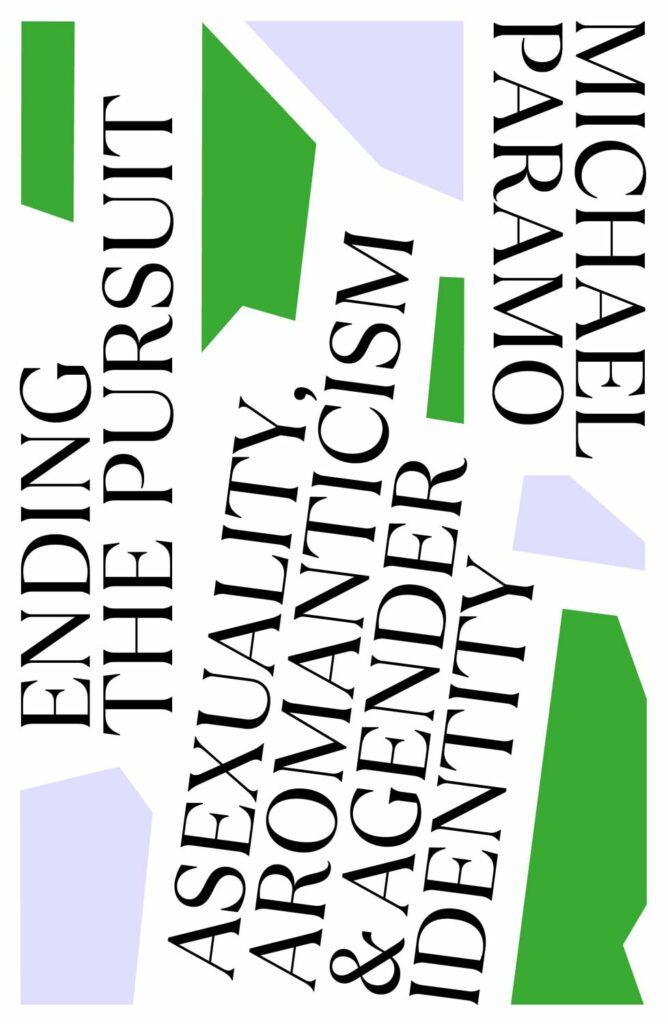
How would you describe your general creative process?
I tend to create intuitively, with an openness to being guided rather than trying to predetermine what is to come from the process. I sometimes might revisit a work months or even years later to continue its evolution in a new direction that I had not previously foreseen. Dwelling in the unknown of what is to come is essential to my creative process.
As a creative, who or what would you say are some of your greatest artistic and creative influences and/or sources of inspiration in general?
Music is my biggest source of inspiration and motivation in my work. If the music I am listening to stimulates my artistic spirit, then it guides me into a state of mind where being creative is more accessible to me. Some albums that have been influential to me in this way are Björk’s Vespertine, Fiona Apple’s Fetch the Bolt Cutters, Kelela’s Raven, and Shygirl’s Nymph.
What are some of your favorite elements of writing? What do you consider some of the most frustrating and/or challenging?
I enjoy writing when I feel like I can swim in an idea through words. I enjoy discovering how writing can be a space for my imagination to relieve itself. This is what I consider to be theoretical writing. Conversely, writing becomes frustrating when I am being compelled to write for approval. It is in these instances that writing becomes constrained by other people’s perceptions and the task becomes monotonous.
What are some things for someone who is still new to asexuality/aromanticism/agender identity you would want people to take away from this interview?
I want people to remember that the human experience is broader than we have been led to believe. There are certain sexual, romantic, and gendered expectations that have been placed upon us that make it seem like it is impossible for people to not experience sexual attraction, not desire a romantic relationship, or not fit within the gender binary. However, acknowledging the vastness of human experience includes acknowledging that asexuality, aromanticism, and agender identity are possible.
Aside from your work, what are some things you would want others to know about you?
Nature is a very strong grounding force in my life that has encouraged me to stabilize myself in the modern/colonial world. The ocean has helped me feel peace. Just standing in the shoreline waters can relieve me of any deep stress or anxiety that has been incubating inside of me. Being in the presence of massive ancient trees, such as coastal and giant redwoods, is another way I try to relax myself.
What’s a question you haven’t been asked yet but that you wish you were asked (as well as the answer to that question)?
Who has been most supportive to you in helping make your work possible?
My mother has been the biggest supporter of my work. She has repeatedly encouraged me to continue being creative and has helped me establish a stronger sense of confidence in my voice. I would also like to thank my father for his financial support and my brother for being a close friend to me. There have also been many supportive people who have propelled my work forward at different times in my life that I would like to thank, including Susie Woo, Joelle Owusu, and Pilar Riaño-Alcala.
What advice might you have to give for other aspiring creatives/ graphic novelists?
- Find and keep searching for music and art that relaxes you and puts you in a place where you feel you can express yourself creatively.
- Don’t create to get published or to pursue validation from others, not only because this places undue weight on acceptance or rejection from others, but also because this can deeply cloud the creative process.
- Build your body of work. Although everyone works at a different pace, try not to dwell too long on one particular work trying to pursue some idea of perfection. Try to remain open to whatever comes to you creatively.
Are there any other projects you are working on and at liberty to speak about?
I am working on my dissertation that will examine and expand upon the hybrid methodology I employed in Ending the Pursuit, where I interweaved memoir, poetry, and historical research. I intend to also focus on the incorporation of visual artwork and soundscapes toward the development of critical reflection in my dissertation. I believe the purpose is to explore how such a hybrid critical and creative exploratory approach can foster a deeper understanding of ourselves in relation to complex social issues.
Finally, what LGBTQ+ books/comics/authors would you recommend to the readers of Geeks OUT
Refusing Compulsory Sexuality: A Black Asexual Lens on Our Sex-Obsessed Culture by Sherronda J. Brown
Belly of the Beast: The Politics of Anti-Fatness as Anti-Blackness by Da’Shaun L. Harrison

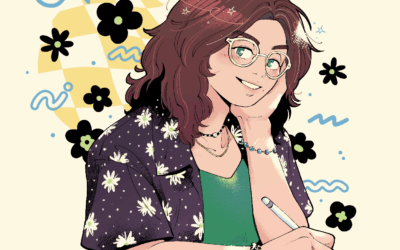
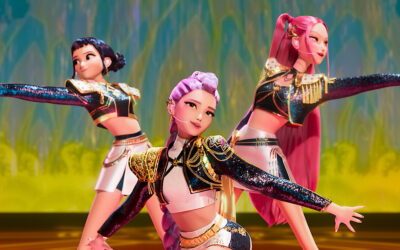
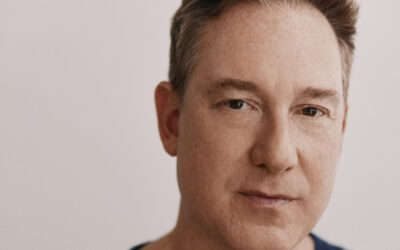
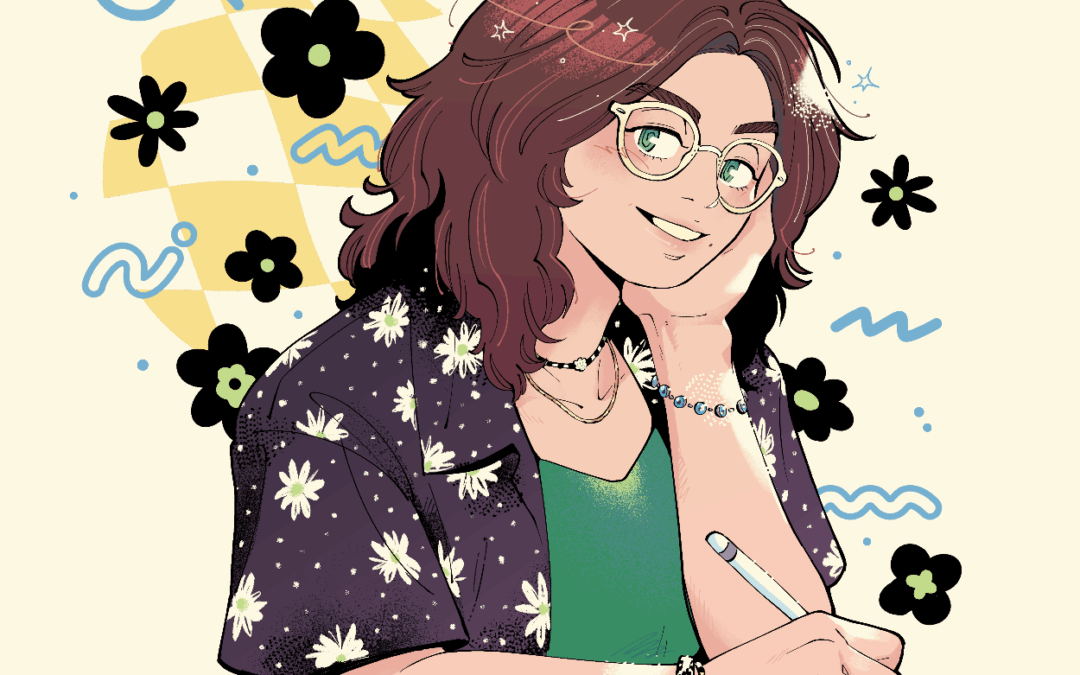
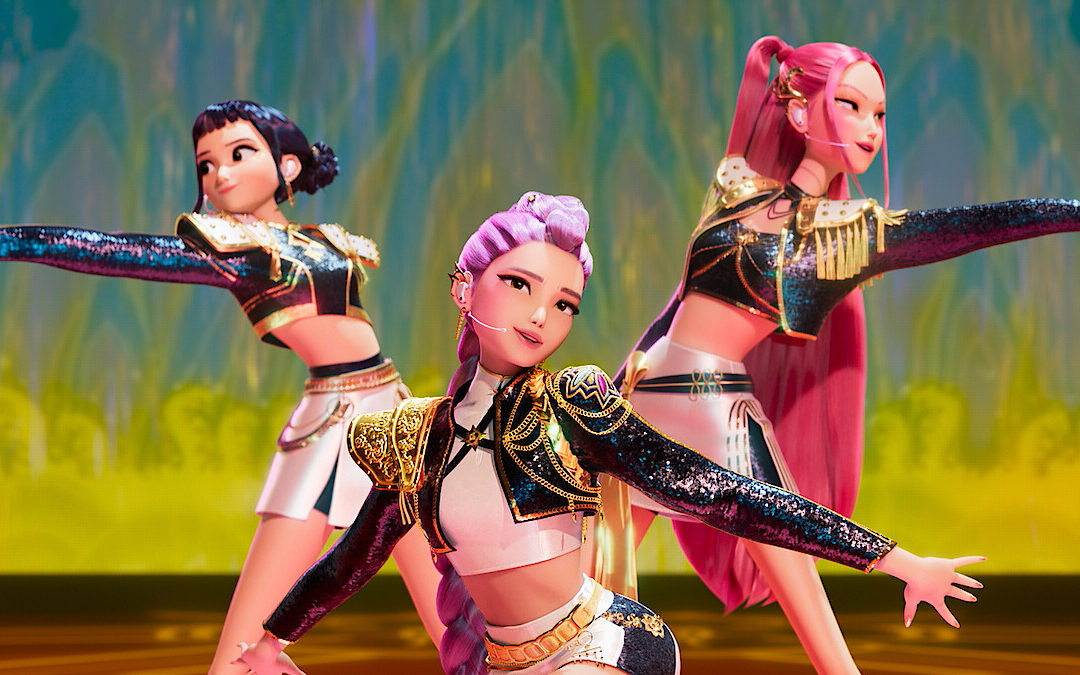
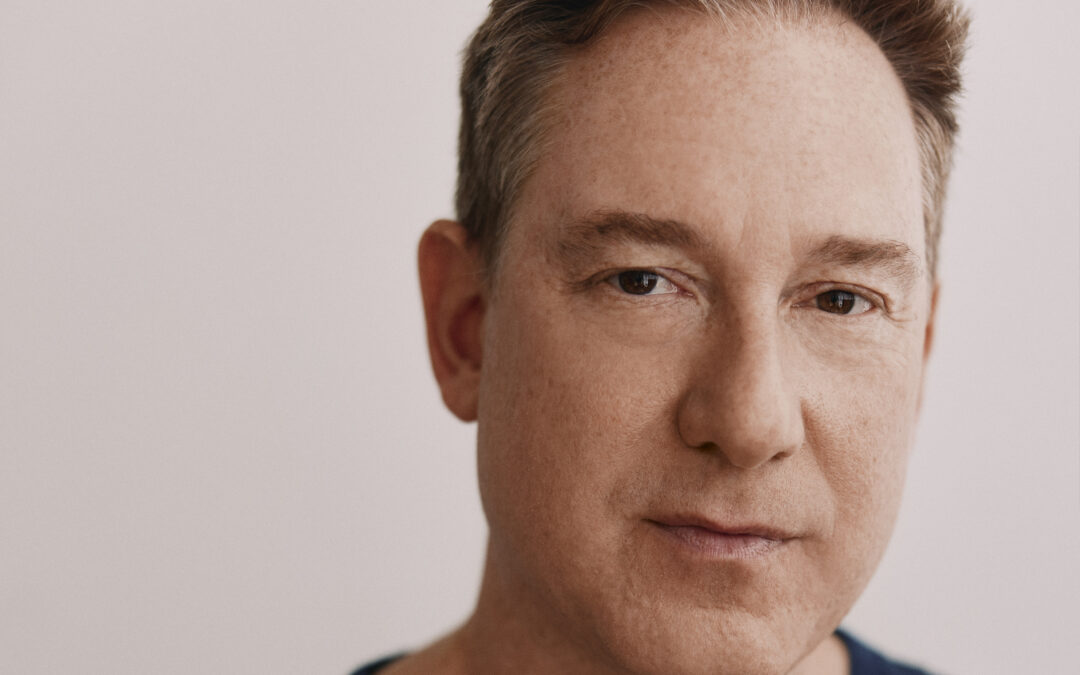
0 Comments